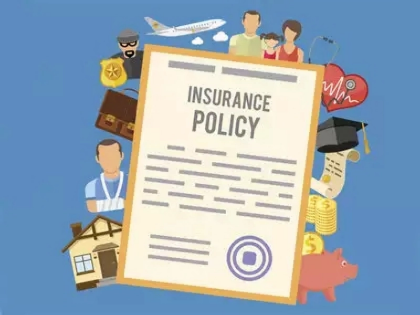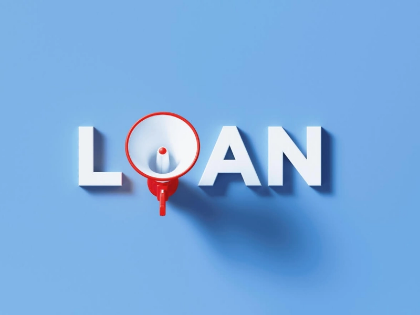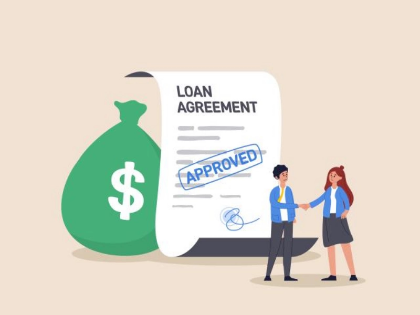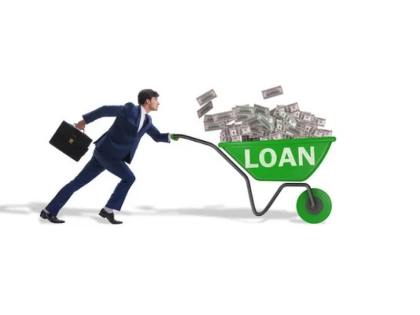Taking Charge of Your Finances: How Refinancing Can Help
Being financially empowered is a path that calls for both commitment and understanding. Setting objectives, making a budget, making prudent investments, and developing a positive relationship with money are all part of the process of becoming financially empowered.
Refinancing your loans is one way to become financially empowered. Borrowers can modify their loan's terms, including the interest rate, by refinancing.
1. A reduction in interest rates
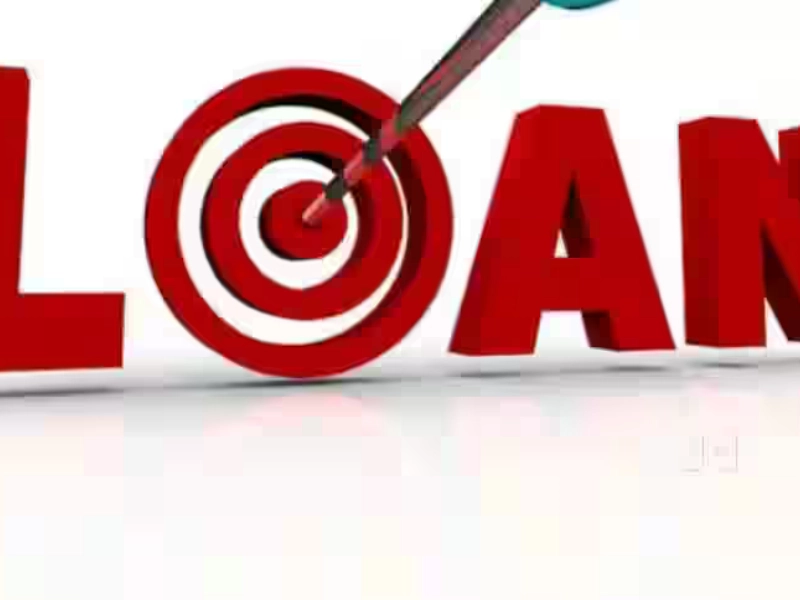
Obtaining a cheaper interest rate is one of the main reasons borrowers refinance their debts. This can occur if the market conditions have improved and lenders are now giving better rates, or if your credit has improved.
Depending on how long you intend to stay in your house and how much you'll be saving each month with a new mortgage rate, refinancing to a low interest rate can help you save thousands of dollars over the life of your loan. Additionally, you can refinance to access home equity through a cash-out refinance or to modify the conditions of your loan, such as a shorter payment period.
It's crucial to remember that if you refinance your mortgage, you'll get a new loan term with either a 30- or 15-year duration. It could take some time for the costs of a refinance to break even if your mortgage is ten years old or older. As a result, it's crucial to consider your unique financial objectives while weighing the costs and rewards.
2. Reduced recurring bills

By extending the loan's term, a mortgage refinance can help you reduce your monthly payments. By lowering the overall amount of interest you'll pay on your mortgage, extending your loan term will lower your monthly payment and help you save money over time. If you need to make room in your budget for other costs or if you want to free up cash for savings, investments, or debt repayment, refinancing to lower your monthly payments is a wise choice.
By consolidating several loans into one, refinancing to consolidate your debts can help reduce your monthly payments. You might be able to pay off your debt more quickly and obtain a cheaper interest rate as a result.
3. Combine your loans
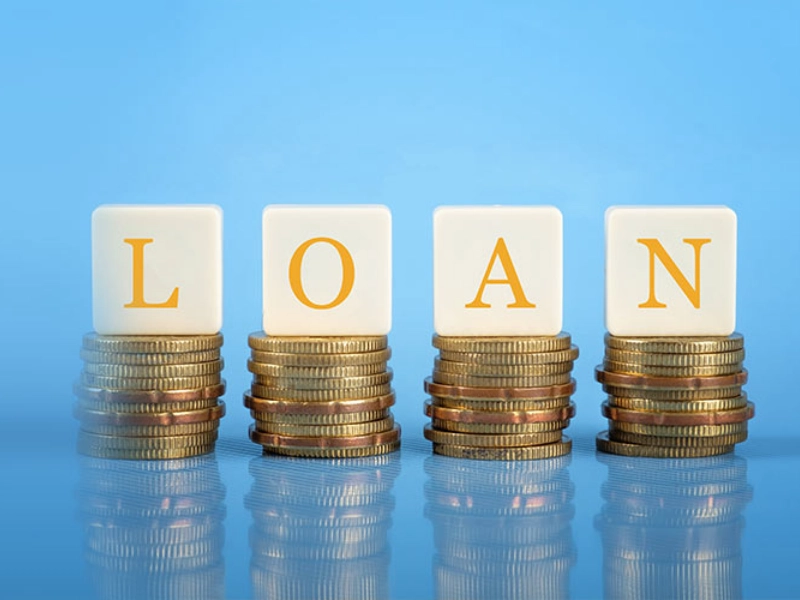
For many people, debt can be a significant source of stress. And while there are many ways to get out of debt, like getting free financial counselling or reducing frivolous spending, it's crucial to deal with the underlying problems that led to your debt troubles.
Consolidating your debts into a single loan or credit card product with a single monthly payment is one way to achieve this. This will help you pay off your bills more quickly, simplify your budget, and save interest.
Obtaining a balance-transfer credit card with 0% interest and applying for an unsecured debt consolidation loan are the two main ways to accomplish this. However, bear in mind that you will eventually pay more interest because a debt consolidation loan usually has longer payback terms than your current balances. Still, for some borrowers, it's a good alternative. Selecting an unsecured debt consolidation lender with a strong credit score and a low interest rate is crucial.
4. Gain Access to Your Home's Equity

Getting a cash infusion through home equity is a great alternative to selling your house, taking out large personal loans, or accruing credit card debt. A cash-out refinance, a home equity loan, or a home equity line of credit are the three primary methods to obtain home equity. Depending on your demands and circumstances, each has advantages and disadvantages of its own.
Debt consolidation, which merges several high-interest debts into a single mortgage loan with a lower interest rate, is one of the main advantages of refinancing. By reducing your monthly payments and saving you money over time, this can greatly increase your financial stability.
Financing home upgrades is an additional advantage, as it can raise the value of your property and make your house feel more like a safe sanctuary for you and your family. Additionally, through improved home value and energy savings, these upgrades frequently wind up paying for themselves over time.

